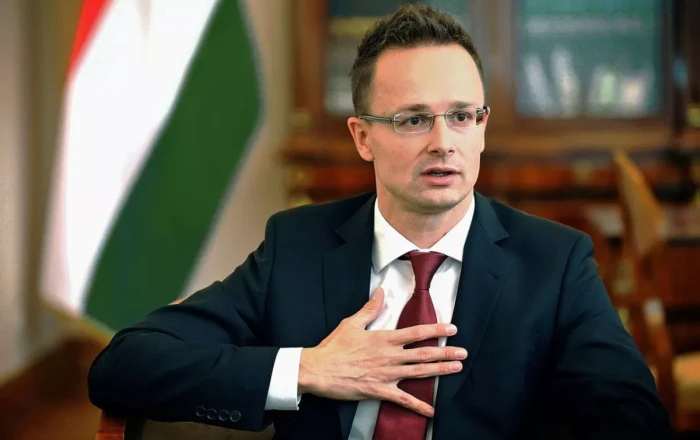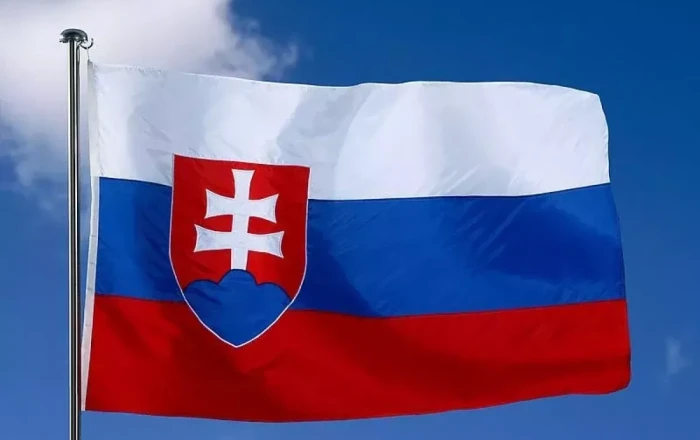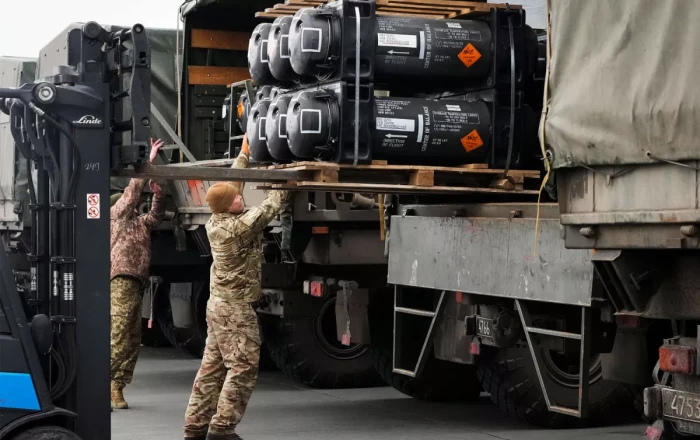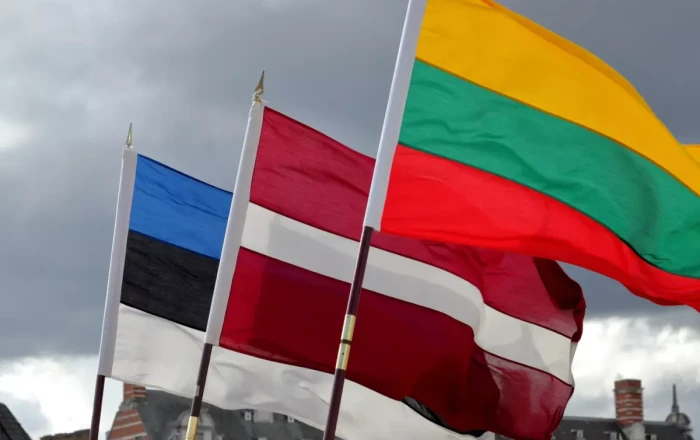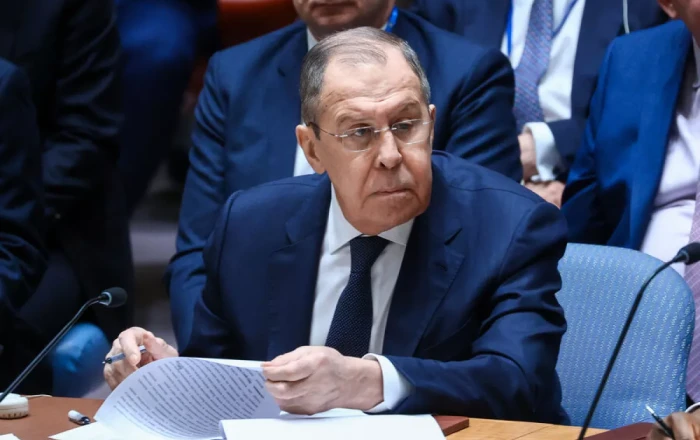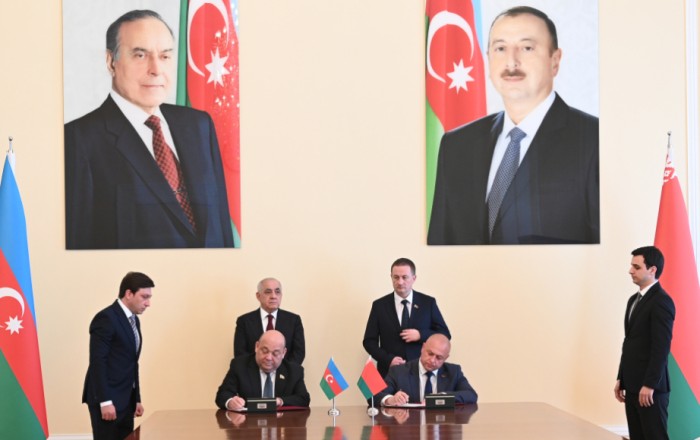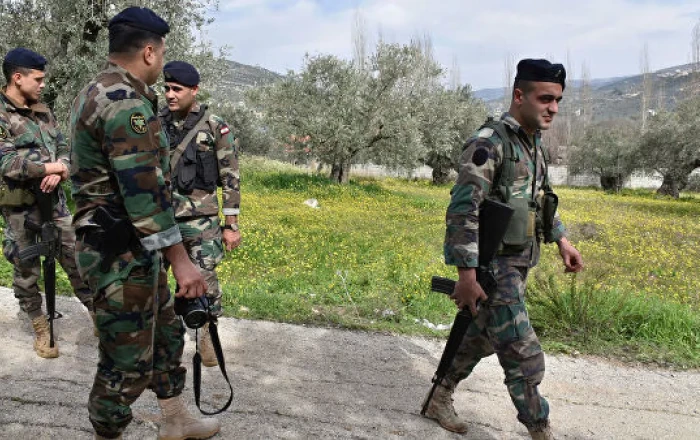In this article, we would like to add a few more details to the case involving Azerbaijani MP Azer Badamov. As a reminder, Badamov, who was part of the Azerbaijani delegation, was supposed to fly to Astrakhan to participate in events dedicated to the anniversary of the birth of the National Leader Heydar Aliyev. However, he was detained at the Moscow airport. Not only was he denied boarding on the flight to Astrakhan, but he was also informed that he was banned from entering Russia. No explanation was provided for this decision.
At the same time, we can assume that Badamov was banned from entering Russia due to his remarks directed at Russian State Duma Deputy Nikolai Valuev. The epithets that Badamov directed at Valuev might certainly have been considered offensive by the former athlete. However, there are two crucial points that demonstrate the complete inadequacy of the response allowed by Moscow.
First of all, Valuev received a rebuke from Badamov not without reason, but in response to insults that the Russian deputy directed at members of the Azerbaijani diaspora in Russia.
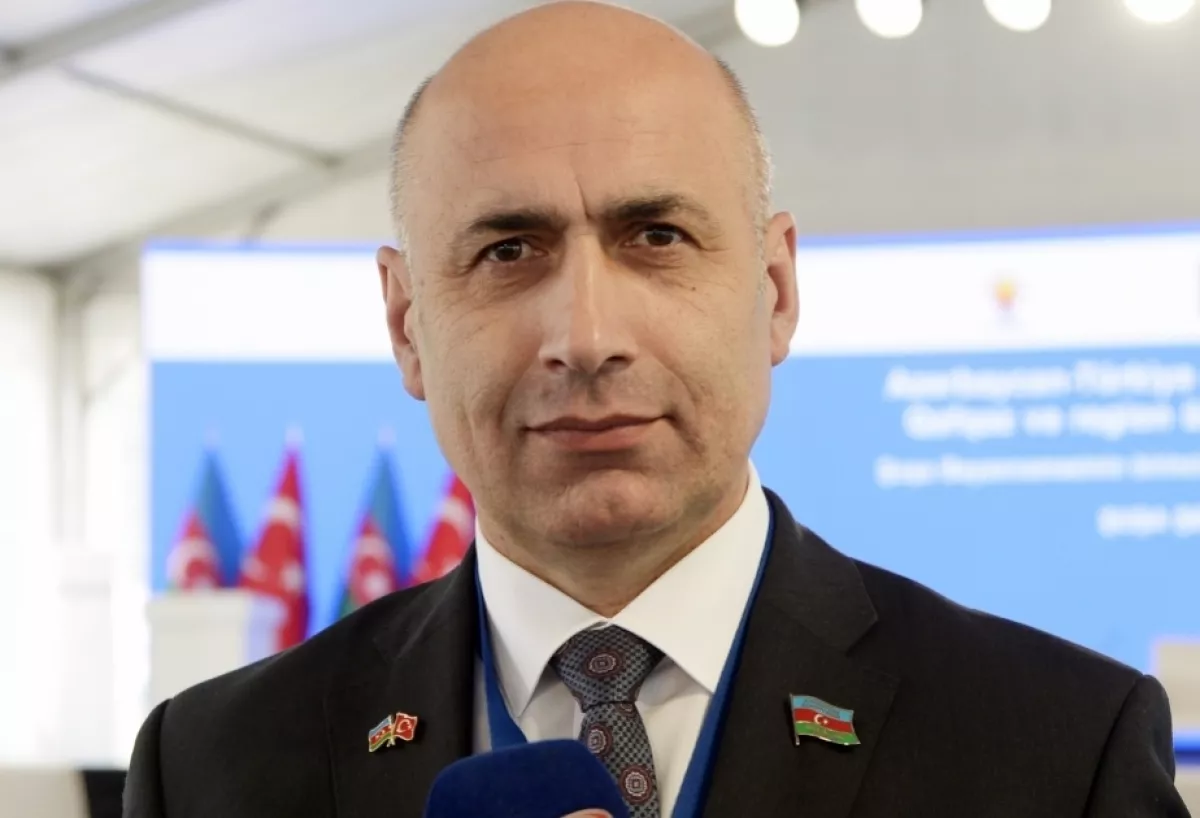
Secondly, in any case, if a representative of the authorities of one country becomes an unwelcome guest in another, it is customary to notify them in advance. Exactly as Baku did with the aforementioned Deputy Valuev, declaring him a persona non grata immediately after his offensive statements.
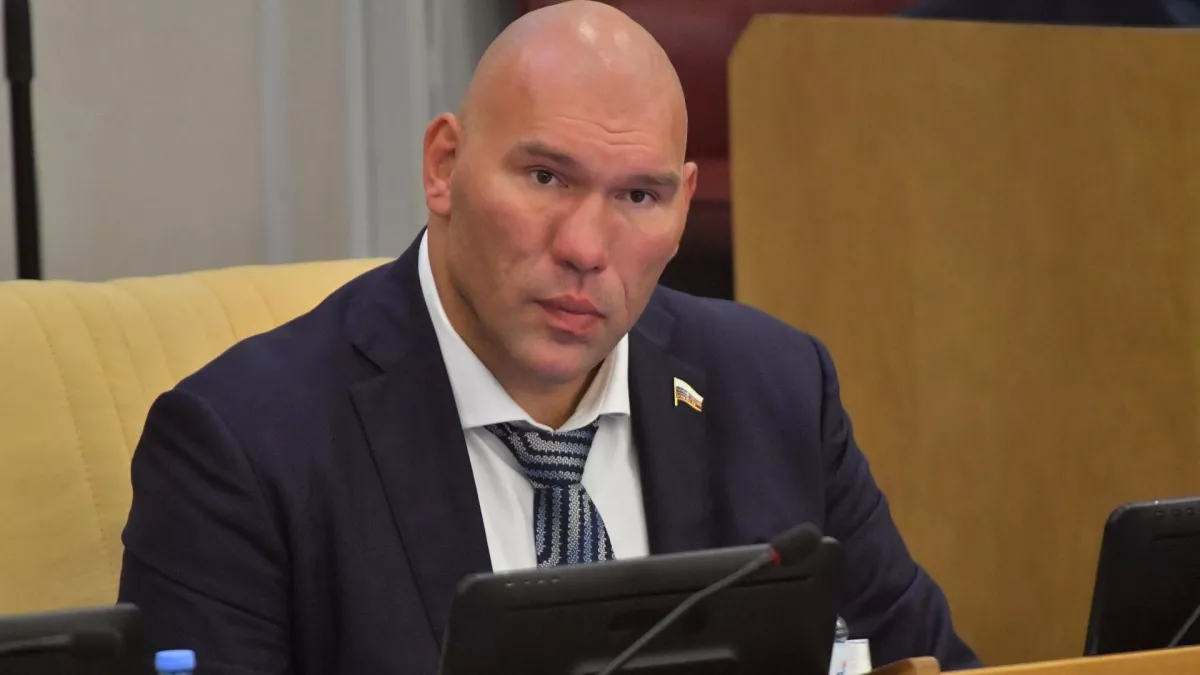
In other words, if the Russian authorities believed that Badamov's comments somehow contradicted the spirit of Russian-Azerbaijani relations, they could have notified Baku in advance that he was banned from entering Russia. Especially considering the countries are bound by the Declaration on Allied Interaction. However, instead of this, a completely sadistic action was carried out when the unsuspecting deputy was simply turned back at the Moscow airport. Additionally, the Russian side had the opportunity to learn about Badamov's upcoming trip and inform Baku about the undesirability of his entry. After all, the list of delegation members was likely sent to both Astrakhan and Moscow in advance.
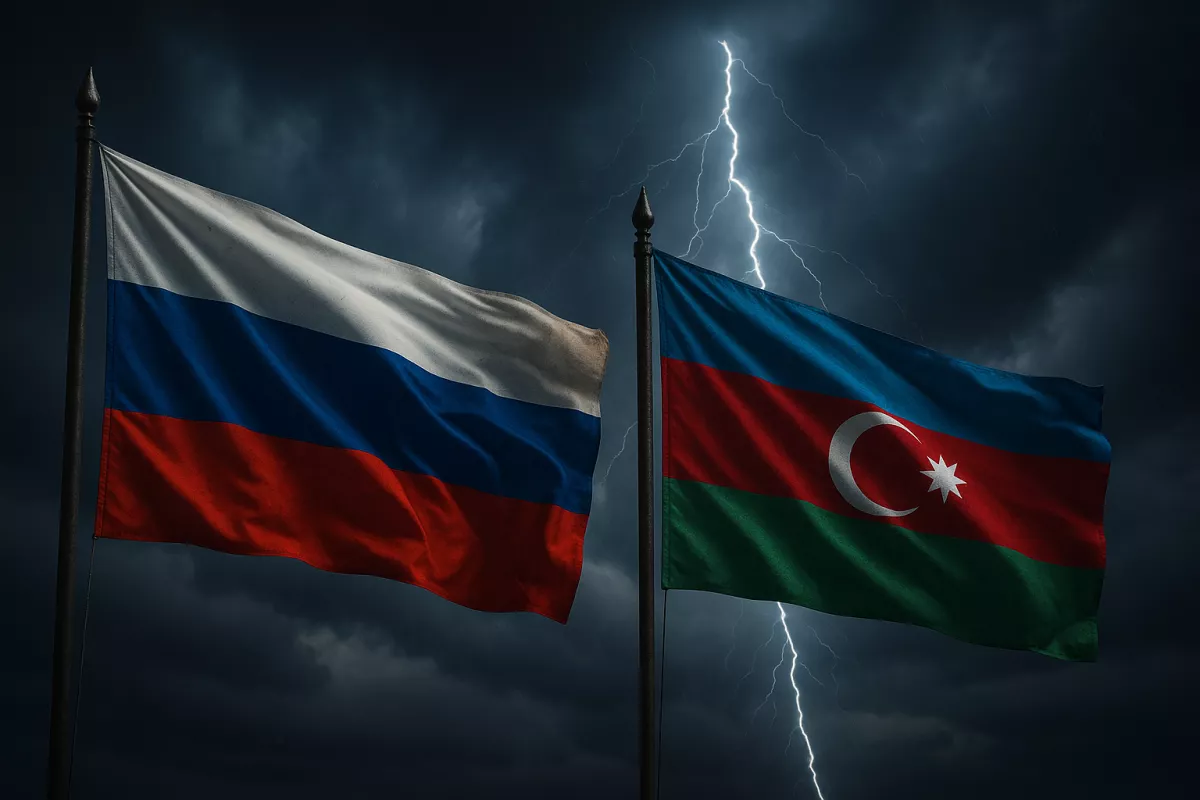
In short, what happened can be classified as a "démarche." It is all the more strange that this démarche took place during the visit to Azerbaijan's capital of the Patriarch of Moscow and all Rus', Kirill, and the warm reception he was given in the country.
There is a clear sense that Moscow is somewhat inconsistent in its actions, suggesting that within the Russian government, there are influential groups that view the very nature of relations between the two countries differently. To the "active" side of this ambiguous policy, one can also add the still unspoken position on the tragedy of the Azerbaijani passenger plane shot down by Russian air defence over Grozny, as well as the recently revealed involvement of Russian groups in the hacker attack on several Azerbaijani media outlets in February 2025.

However, such a policy, to varying degrees, is not only directed at Azerbaijan. Despite Moscow's official statements about warm feelings toward the post-Soviet republics and a desire to deepen cooperation, Russia's actual policy often contradicts these words. In practice, Russian actions are increasingly leading to strained relations with neighbouring countries and putting them in difficult positions. The situation is particularly alarming in the context of Central Asia. This is reflected in the increased pressure on migrants from Uzbekistan, high-profile incidents involving Kyrgyz citizens, as well as sharp and provocative statements by Russian politicians directed at Kazakhstan. All of this points to a systemic nature of the problems and contradictions.
In the era of the breakdown of the old world order and the formation of new conditions for state coexistence, global powers are tempted to strengthen the neo-imperial vector of foreign policy. However, this is a path to nowhere, especially in an era when even small states are raising their voices on the world stage and becoming a crucial part of the international relations system. Azerbaijan is a striking example of such a state. The current allied status of Russian-Azerbaijani relations is, among other things, the result of Moscow's understanding of Azerbaijan's increased international standing and its established international subjectivity. This status was not formed overnight; it can be said to have been hard-earned over decades of resolving contradictions, often very serious ones.
The carelessness, rudeness, and at times even deliberately unfriendly policy demonstrated by the Kremlin toward Baku in recent months make one question Moscow's genuine commitment to the spirit of allied relations between the two countries, regardless of whether this is the position of the center or the machinations of certain groups within the Russian elites.
Source: caliber.az




